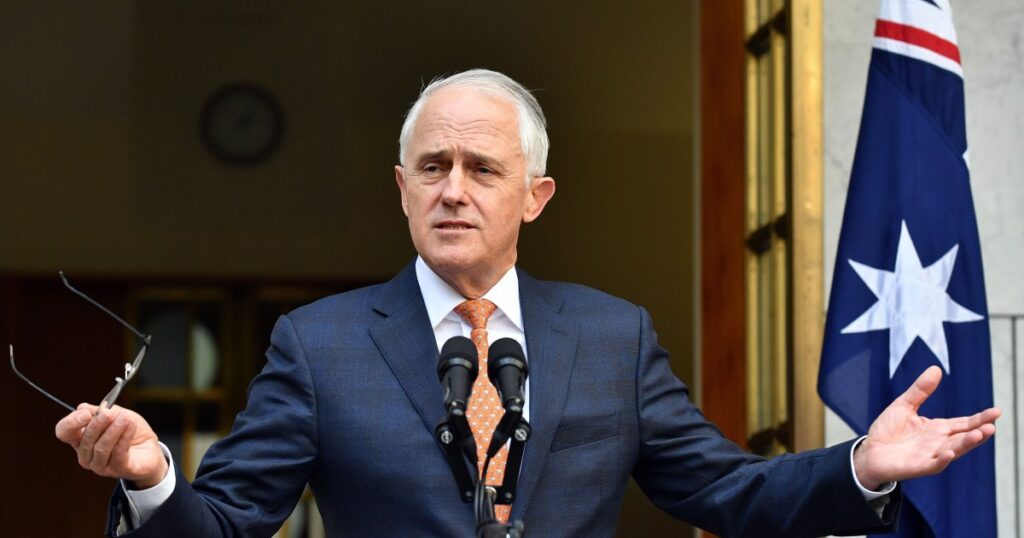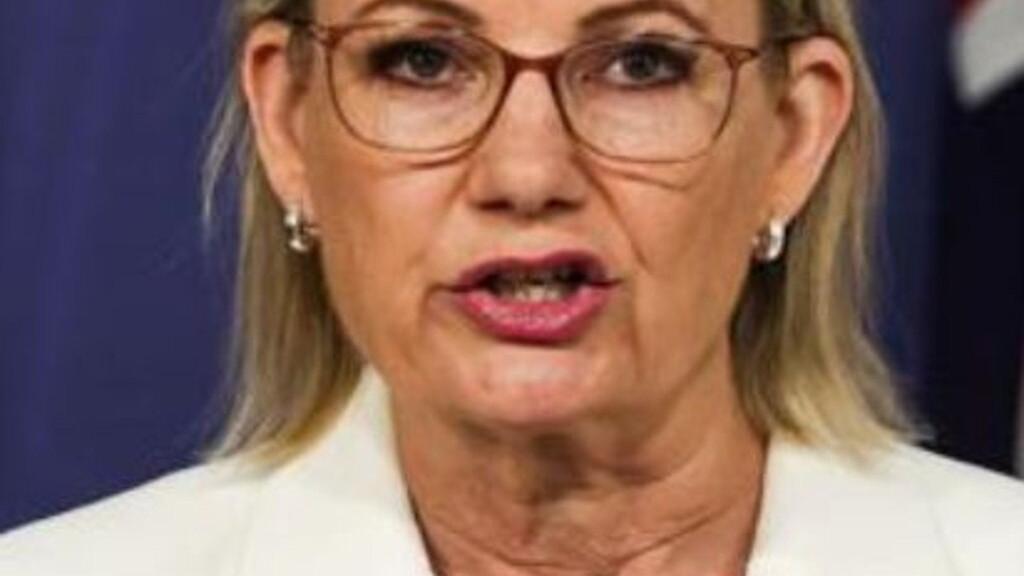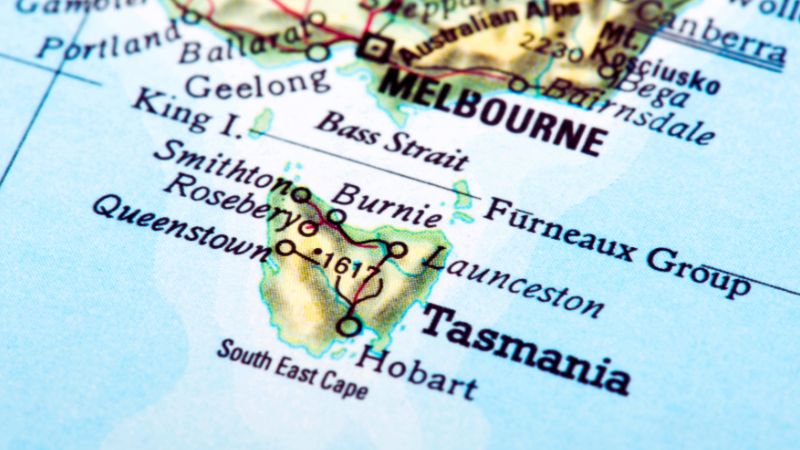
Former Australian Prime Minister Malcolm Turnbull indicated he might call an early election during a critical leadership crisis in September 2018. As tensions escalated within the Liberal Party, Turnbull had his official car on standby to expedite his journey to meet the Governor-General.
The political turmoil emerged as key party members signaled their intent to challenge Turnbull’s leadership. In response, he contemplated dissolving Parliament and seeking a fresh mandate from voters, a move that could have altered the political landscape significantly.
Turnbull’s readiness to act underscores the high stakes involved in party leadership battles. His administration faced increasing pressure from internal factions, notably from supporters of Peter Dutton, who were rallying for a leadership change. This moment reflects the broader instability that characterized Australian politics during this period, raising questions about party unity and governance.
While Turnbull’s threat of an early election was a strategic maneuver to reinforce his position, it also highlighted the fragility of his leadership. The situation revealed the intense rivalries within the party, compelling Turnbull to consider drastic measures to maintain authority.
Political analysts noted that such a move could have serious repercussions for both Turnbull and the party. Should he have proceeded, it would have marked a significant shift in the political agenda and possibly altered the direction of the government’s policies.
Ultimately, the crisis culminated in Turnbull’s resignation, which led to Scott Morrison assuming the prime ministership. This shift marked a new chapter in Australian politics, illustrating the rapid changes that can occur within party leadership dynamics.
The events of September 2018 serve as a reminder of the volatility inherent in political leadership, especially in a parliamentary system. As leaders navigate challenges from within their parties, the threat of an early election remains a powerful tool in their arsenal.







